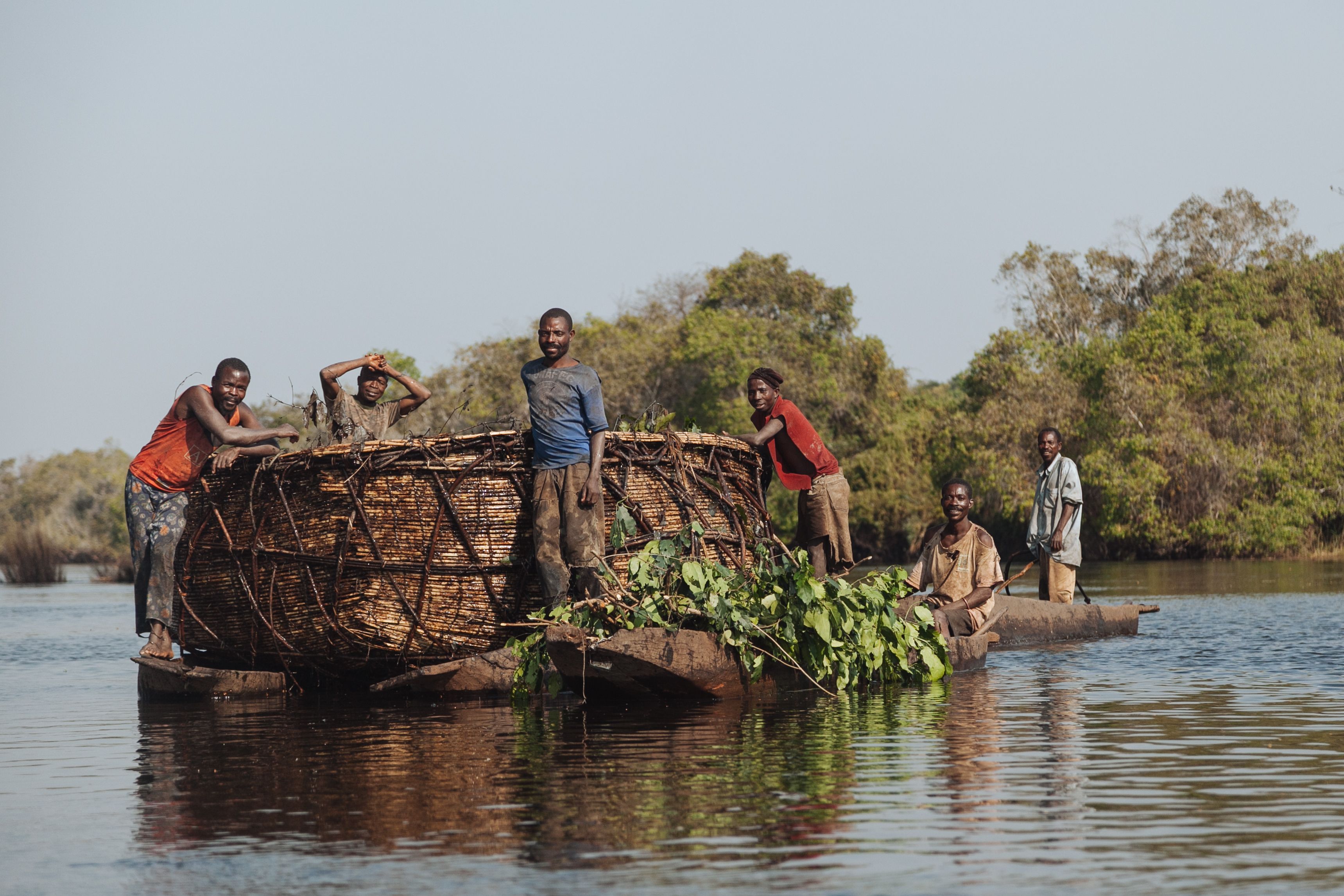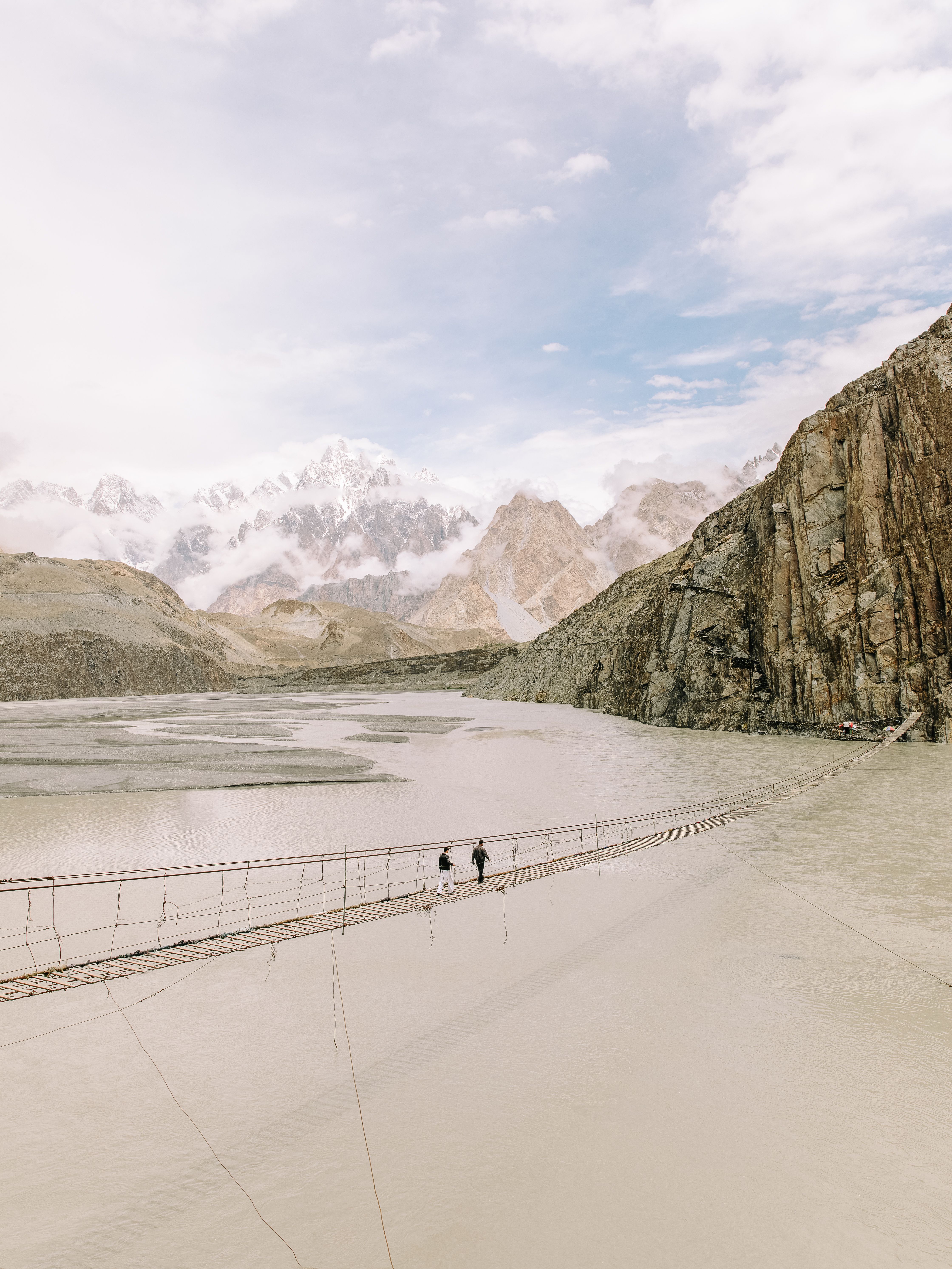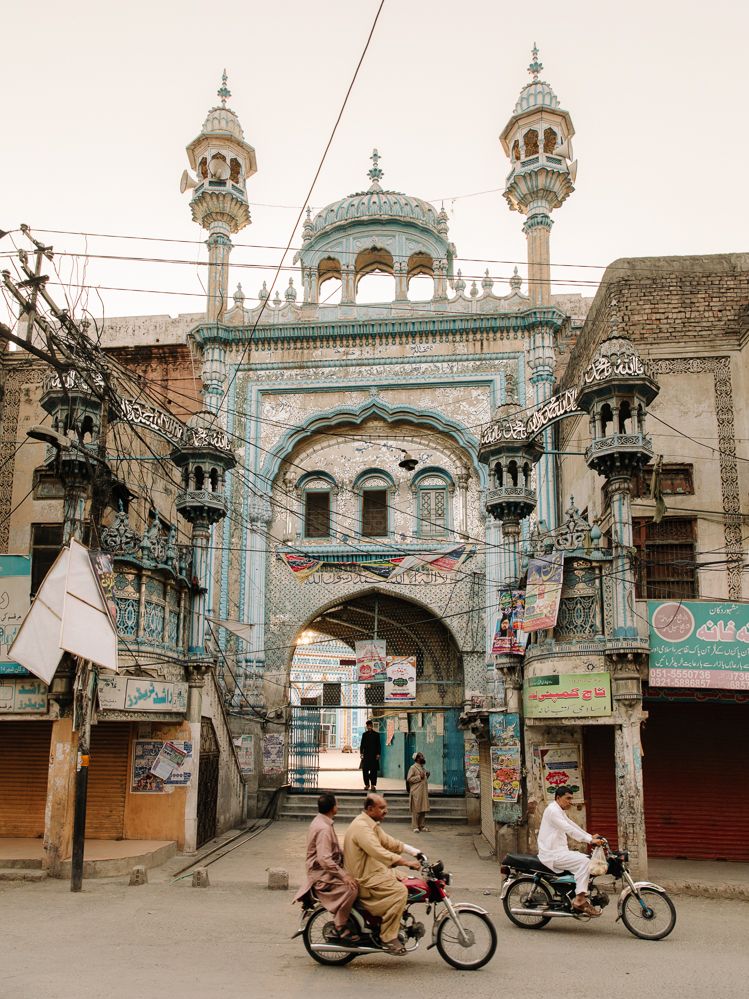Introduction to The Best British Travel Writing for the 21st Century: A Celebration of Outstanding Travel Storytelling from Around the World, Edited by Jessica Vincent (Summersdale).
)
I’ve always felt a strong connection to these famous words by Ibn Battuta. In the 14th century, the Moroccan adventurer travelled for thirty years all around the known world, venturing further than any other explorer in pre-modern history.
I studied his journeys while I was at university and was compelled by this notion. I could think of nothing better than having the ability to share big ideas – to travel and to tell stories. And so I have – I’ve been lucky enough to visit over 100 countries and make a career out of spending a life on the road.

Image Credits: The Best British Travel Writing for the 21st Century
This inherent connection between travel and storytelling is written into our DNA. Storytelling has been at the heart of human communication long before even languages developed. Cave drawings dating back 30,000 years, found in Lascaux in France, show artistic representations of animals and people in motion. Two thousand years ago, the ancient Greek geographer Pausanias wrote one of the very first discovered travel guides, focusing not on the practicalities of the journey like where to stay or what to eat, but on the identity and history of Greece, and the landscapes, local myths and artworks that he saw.
To me, Ibn Battuta’s words represent the immense power of travel to open ones eyes to the important stories of the day; to help you connect with people that you otherwise might not come across. It gives you new perspectives and the ability to continue to learn about the world. Travel changes who you are, and in my opinion, it makes you a more understanding and compassionate person.
This notion is something that has become part of my essence – the opportunity that travel affords you to grow, learn and evolve. Yet, in the wake of the coronavirus outbreak, the ability to jump on a plane at the drop of a hat suddenly disappeared. Without that exhilarating feeling that I got from travelling far and wide, and all the lessons that I thought I could only learn from exploring, I felt a gaping hole – a troubling loss. It seemed that the world spun a curveball and we all forgot to duck.


Image Credits: The Best British Travel Writing for the 21st Century
It was a whole new world to navigate, and even home felt strangely foreign with new rules and restrictions. We began to speak a new language: of working from home, lockdowns and quarantines. I felt claustrophobic.
But then I stopped. I thought. I tried to approach this new existence in a way that I would a new journey. What can we learn from this experience? What lessons can we take with us when the world opens up again? I started to think about storytelling and what inspired me to travel in the first place.
And so, I delved back into my bookshelf and re-read the diaries of Captain James Cook. I pored over Wilfred Thesiger’s exploits in the deserts of Arabia and laughed at the feigned amateurishness of Eric Newby and Hugh Carless as they bumbled over the Hindu Kush. I turned to travel magazines and newspapers for inspiration. Stories, some of which are included in this book, took me far and wide, learning lessons that I would never get from my own travels; lessons I could only gain from these writers’ unique experiences, perspectives and from that moment in time. From Ash Bhardwaj’s journey to India to take his dad’s ashes to the holy Ganges River, I learned about the power of travel to connect you with your heritage. Lilly and Andrew Ryzebol took me to the dark otherworldly depths of Lake Huron’s Georgian Bay to learn how facing a lifelong fear and pushing your limits can bring purpose and meaning to life.
All of a sudden, I had that feeling again. That buzz. This was it – the very reason why I started to travel in the first place. To learn and to look in wonder at the magic of the world.
Now that I can travel again, I’ve realised that this reflection on why I travel has given me a new appreciation and understanding of it. Sometimes you don’t realise how important something is to you until you lose it. In our busy lives, it’s easy to get caught up in the moment and forget the very reason for doing something we love. Writing is inherently about reflection. When Jess approached me and asked me to edit this book, it felt like the stars had aligned. She too had taken comfort in the arms of great travel storytelling at a time when actual travel was out of reach.
As I’m sure you will agree, travel writing is a genre of huge importance. Yet it has changed dramatically since the tales of ancient explorers. It is no longer about documenting unchartered territories or mapping newly discovered lands. Now that people have been almost everywhere, it might seem that travel writers have lost their purpose.
But when you consider the wide-ranging subject matter contained in this anthology, it becomes apparent that travel writing has evolved into a crucial way of engaging with your place in the world in a particular moment. It’s about understanding your experience. Travel writing is slow. It disregards the fast news cycle and takes a step back to observe. It is much more about getting to know a destination, its people, and where you sit among them. It has become a personal response to a place. And in my opinion, this makes it more valuable than ever before.


Image Credits: The Best British Travel Writing for the 21st Century
Now, as the world opens again, remember that being an armchair explorer has the power to make you appreciate your own adventures all the more. I hope that when reading this book, you will see it for what it is: a celebration of genre that can transport you to far-off destinations, one that champions storytelling but is also anchored by reality – the recipe for inspiration. I hope you come away wanting to travel. But I also hope you come away wanting to read more about travel.
To write is to understand, no matter who reads it. Whether you document your journeys in a diary or in a best-seller, the objective is to develop your ideas and thoughts. In the excellent writing in this book, I feel that I am going through experiences with the writers and taking away the lessons that they learned.
Before lockdown, I had only ever thought of Ibn Battuta’s quote in its current order. Now I understand a new meaning. Above all, lockdown made me remember that behind every great adventure there are stories that inspired it. So, think of it as more like an incredible, interconnected circle:
“Reading great travel storytelling – it leaves you speechless, then turns you into an explorer.”
The Best British Travel Writing for the 21st Century: A Celebration of Outstanding Travel Storytelling from Around the World, Edited by Jessica Vincent (Summersdale). The book is available from all good book retailers https://amzn.to/3q3QmPZ


